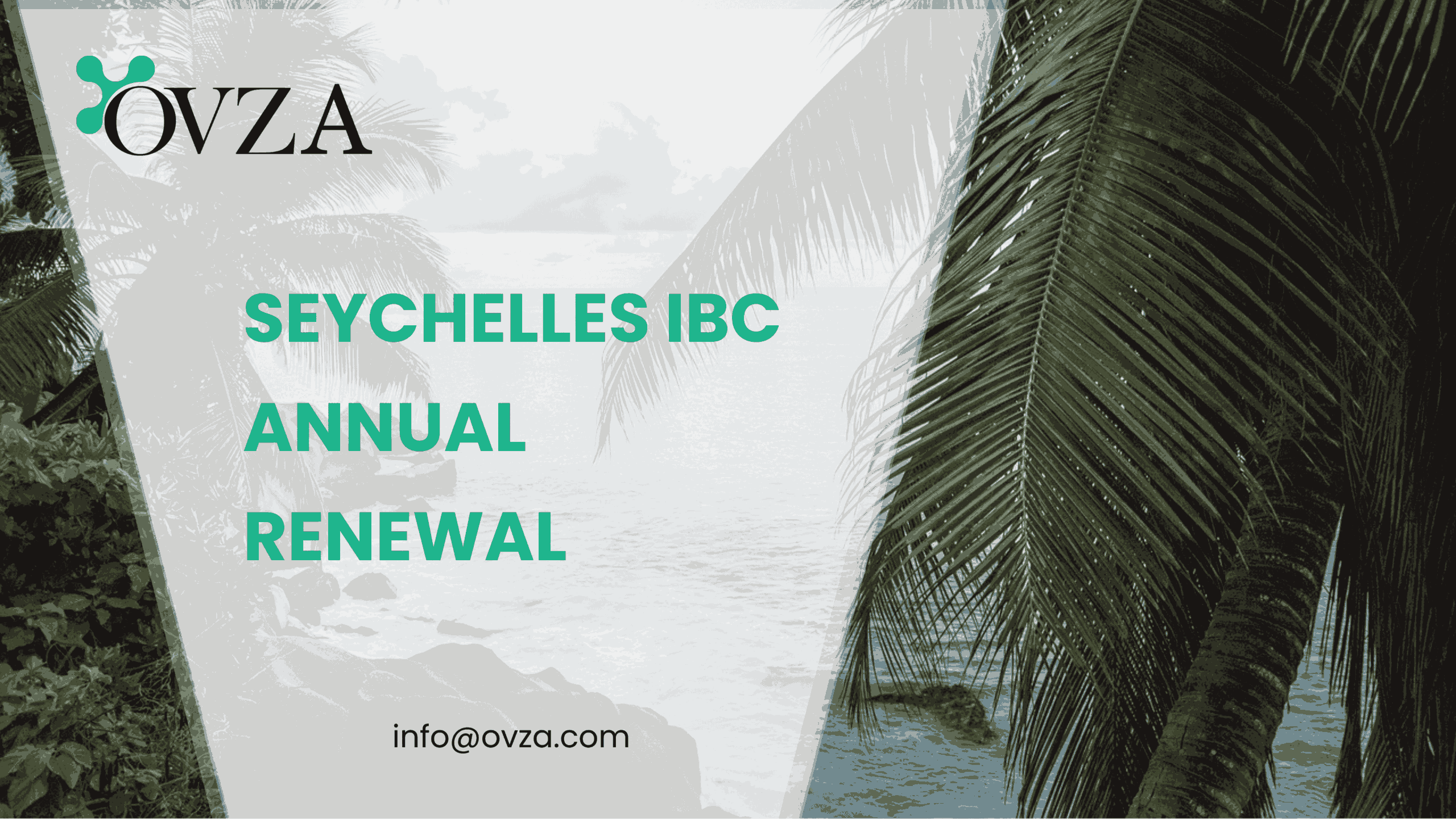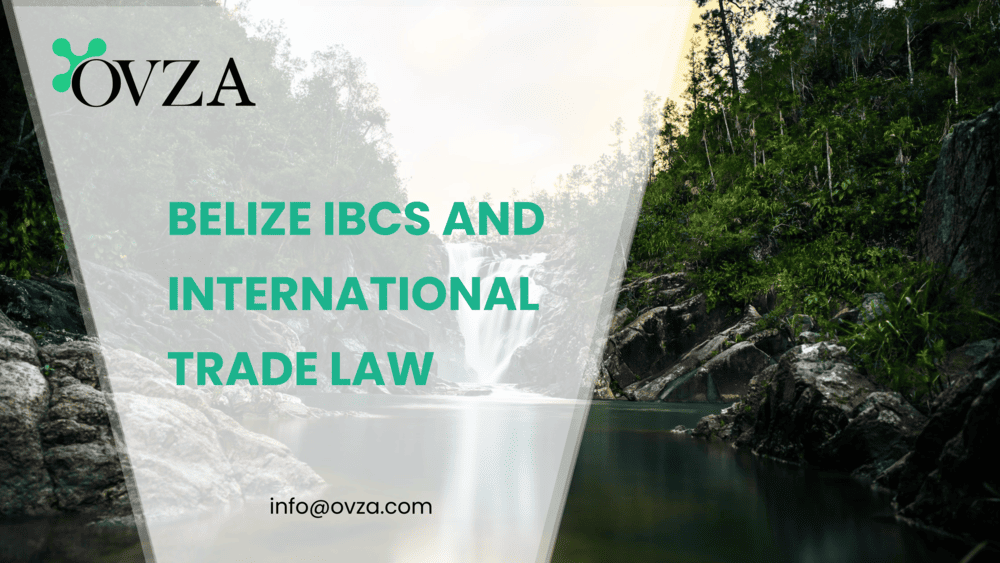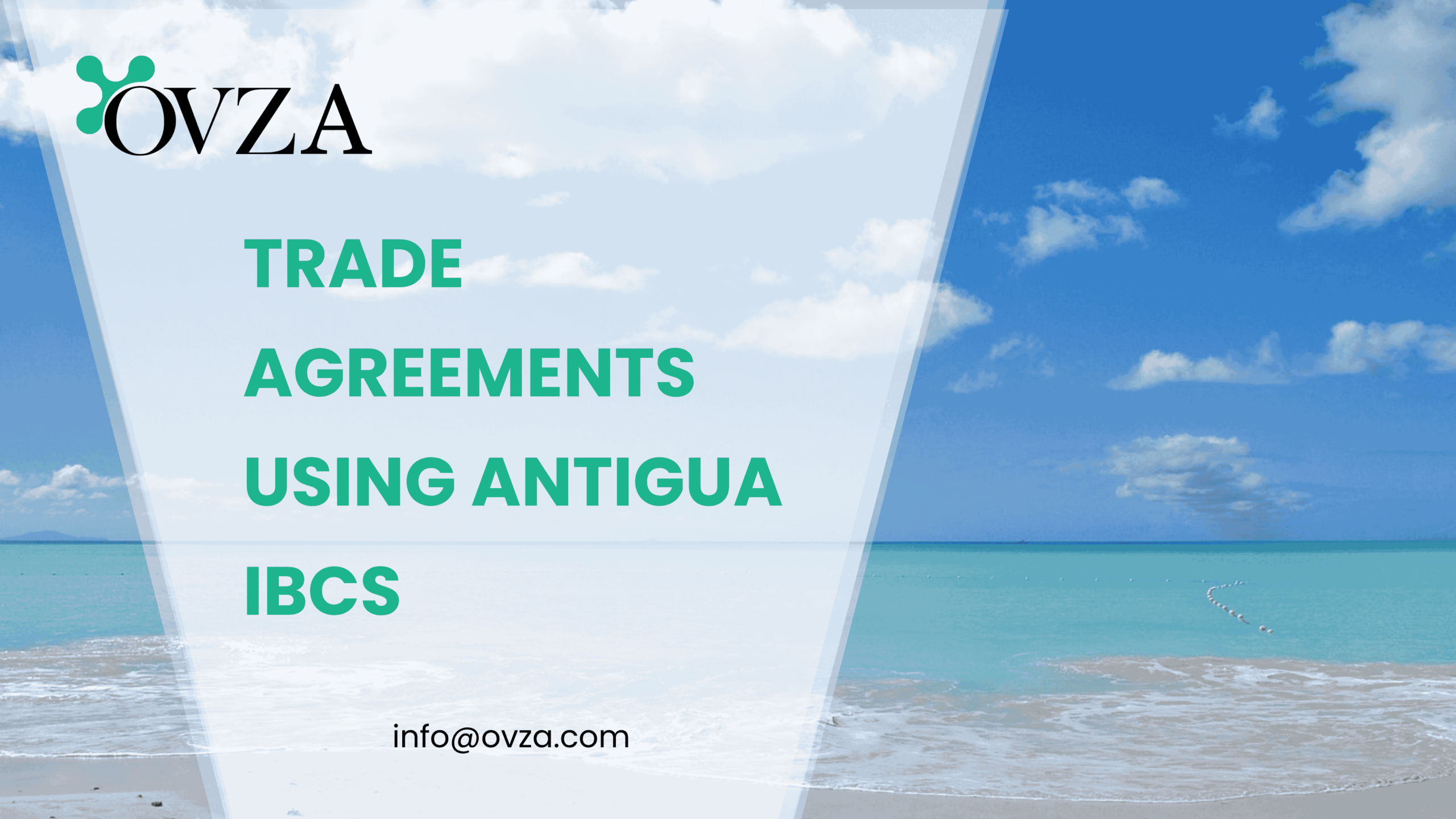BVI offshore company registration offers tax neutrality, legal flexibility, and global compliance under the BVI Business Companies Act. The British Virgin Islands (BVI) remains one of the most prominent jurisdictions for offshore company registration, offering a streamlined legal framework underpinned by English common law and a modern statutory regime. The principal legislation governing the incorporation and regulation of BVI business companies is the BVI Business Companies Act, 2004 (as amended), which provides a flexible legal structure designed to facilitate international commerce, asset holding, and investment structuring.
Legal Framework and Entity Structure under BVI Company Law
A BVI business company can be incorporated with a wide range of corporate forms, although the most common is the company limited by shares. The Act also permits companies limited by guarantee, companies limited by guarantee with shares, unlimited companies, and restricted purpose companies. The choice of entity depends on the legal objectives and operational requirements of the beneficial owners, but in practice, the limited company remains the standard vehicle for commercial and private wealth applications.
The legal process for BVI offshore company registration is administered by the BVI Financial Services Commission (FSC), which functions as the competent regulatory authority. Incorporation is only permitted through licensed registered agents, who must conduct due diligence in accordance with anti-money laundering regulations, including identity verification, beneficial ownership disclosure, and source of funds inquiries. These requirements derive from the Anti-Money Laundering and Terrorist Financing Code of Practice, which aligns the BVI’s compliance framework with FATF recommendations.
The BVI Business Companies Act permits incorporation without minimum capital requirements, and companies may issue shares with or without par value. Bearer shares are prohibited in practice due to international transparency standards, although the Act retains provisions for immobilized bearer shares under tightly controlled custodial arrangements. Company names must be approved by the Registrar and may include a range of designators such as “Ltd.,” “Corp.,” or “S.A.,” with specific requirements for names implying regulated activity.
Once incorporated, a BVI offshore company must maintain a registered office in the jurisdiction and retain a licensed registered agent at all times. Statutory records—including the register of members, directors, and beneficial owners—must be kept at the registered office or with the agent, although there is no general requirement for public filing of such records, preserving a degree of corporate confidentiality. However, since 2023, the Beneficial Ownership Secure Search System Act mandates submission of ultimate beneficial owner (UBO) data to a secure government-maintained platform accessible to competent authorities.
BVI companies are exempt from income tax, capital gains tax, and withholding tax under the territory’s zero-tax regime. This tax neutrality, combined with the absence of exchange controls and the enforceability of foreign judgments under common law, enhances the jurisdiction’s appeal for cross-border structuring. Nevertheless, the tax-exempt status is contingent on the entity not conducting business within the BVI, and international tax compliance obligations—such as Economic Substance requirements and Common Reporting Standard (CRS) filings—apply to many types of business activities carried out by offshore companies.
BVI offshore company registration is widely used in international investment structures, including private equity, joint ventures, holding companies, and securitizations. It is also central to wealth management and trust structures, especially where privacy, flexibility, and legal certainty are required.
Corporate Governance, Statutory Obligations, and International Compliance
BVI offshore company registration imposes a defined set of statutory obligations on directors and shareholders, framed within a governance model designed for international flexibility. Directors owe fiduciary duties under both the common law and statutory principles codified in the BVI Business Companies Act. These include duties to act honestly, in good faith, and in what they believe to be the best interests of the company. Directors may be either individuals or corporate entities, and there is no local residency requirement, which contributes to the jurisdiction’s global applicability.
The Act permits companies to adopt standard or customized memorandum and articles of association, which serve as the constitutional documents regulating internal governance. Amendments to these documents may be effected by resolution, and companies may establish multiple classes of shares with variable rights, including voting, dividend, and liquidation preferences. This makes the BVI structure suitable for complex ownership arrangements and international joint ventures.
While BVI companies are not required to file annual financial statements with the registrar, they must maintain proper records and underlying documentation sufficient to show and explain the company’s transactions. These accounting records must be retained for at least five years and can be kept either in the BVI or elsewhere, provided they are accessible upon request. This obligation aligns with global standards on corporate transparency and accountability, particularly those articulated by the OECD.
Annual requirements include payment of government license fees and submission of returns confirming the company’s registered office, agent, and key corporate details. Non-compliance may result in penalties or strike-off from the Register of Companies. For companies engaged in relevant activities under the Economic Substance (Companies and Limited Partnerships) Act, 2018, a detailed economic substance report must be filed annually. This includes confirmation of core income-generating activities, employee presence, physical office requirements, and expenditure within the BVI.
International compliance has expanded significantly in recent years, requiring BVI companies to meet global standards on tax transparency and anti-money laundering. The jurisdiction participates in the Common Reporting Standard (CRS) and FATCA regimes, mandating reporting obligations for entities classified as financial institutions. These obligations are implemented through the BVI’s International Tax Authority (ITA), and failure to comply may lead to regulatory investigation and substantial fines.
BVI company registration also intersects with international legal instruments addressing corporate ownership and beneficial control. The Beneficial Ownership Secure Search System enables authorities to access verified data on individuals who ultimately control a company. This platform is not public but must be kept updated in accordance with regulatory timelines. Although not subject to public disclosure, these filings reflect the jurisdiction’s alignment with FATF guidance and EU regulatory expectations on transparency and anti-avoidance.
Legal reforms in the BVI also target increased accountability for nominee directors, corporate service providers, and registered agents. The regulatory regime imposes clear duties on these intermediaries, and the BVI Financial Services Commission maintains licensing and oversight authority over fiduciary services. In practice, registration and ongoing compliance are heavily dependent on the competence and diligence of these regulated professionals.
The effectiveness of a BVI offshore company often depends on the proper integration of legal structure, tax compliance, and governance oversight. The jurisdiction’s legal model supports asset holding, intellectual property structuring, private investment platforms, and risk segregation through subsidiary frameworks. Incorporation is frequently coordinated with international trust arrangements or holding companies in other neutral jurisdictions, offering layered legal protections within a recognized common law system.
Cross-Border Applications and Regulatory Developments in BVI Offshore Company Use
The use of BVI offshore companies in cross-border legal and commercial structures is driven by the jurisdiction’s legal predictability, neutrality, and commercial adaptability. These entities are widely integrated into international finance, private capital markets, global trade, and asset protection strategies. The structure of a BVI business company allows for streamlined transactions across legal systems, with minimal domestic interference, provided international regulatory standards are met.
In private equity and venture capital, BVI companies are often positioned as holding entities or special purpose vehicles. Their flexible share structures accommodate multiple investor classes and staged capital contributions. This flexibility extends to redomiciliation provisions under the BVI Business Companies Act, allowing companies to migrate into or out of the jurisdiction without triggering a winding-up. Redomiciliation supports corporate continuity during regulatory or market-driven restructuring.
The role of BVI companies in asset protection planning continues to evolve alongside judicial scrutiny and anti-avoidance legislation in onshore jurisdictions. Courts in creditor jurisdictions increasingly assess the substance and commercial purpose of offshore structures, especially in insolvency or enforcement contexts. Nevertheless, the use of BVI entities in multi-tiered international structures—often in combination with discretionary trusts or foundations—remains a lawful and effective planning mechanism when supported by legitimate legal and economic objectives.
Litigation involving BVI companies is typically heard in the Commercial Division of the Eastern Caribbean Supreme Court, located in the BVI. This court has jurisdiction over shareholder disputes, insolvency proceedings, derivative claims, and injunction applications. It is supported by a body of jurisprudence aligned with English commercial law, and many disputes involve foreign law issues, which are adjudicated with the support of expert evidence and international comity. Proceedings are conducted in English, and judgments are publicly available, contributing to transparency in legal outcomes.
On the regulatory side, the BVI has undertaken reforms to maintain its standing with international financial bodies and avoid harmful tax practice designations. Amendments to the Economic Substance regime, refinement of the Beneficial Ownership rules, and enhanced supervision of registered agents reflect a regulatory framework responsive to international standards. As part of this evolution, the BVI government has committed to the implementation of a publicly accessible beneficial ownership register, in alignment with EU directives, although the timeline and access mechanisms remain subject to legal developments.
Tax-neutral treatment remains a cornerstone of BVI offshore company registration. However, the global shift toward information exchange, tax base erosion control, and economic substance enforcement limits the use of offshore companies for aggressive tax minimization. Structures involving BVI entities must be supported by demonstrable commercial rationale and compliant with both local laws and the tax regimes of stakeholders’ jurisdictions. Double taxation treaties are limited, so care must be taken when integrating BVI companies into broader fiscal planning.
In trust and estate planning, BVI companies are frequently used to hold trust assets, especially when combined with reserved powers trusts or VISTA trusts under the Virgin Islands Special Trusts Act (VISTA). These structures allow settlors or appointees to retain control over the company’s operations without violating fiduciary principles, and they are commonly used in family office governance and succession frameworks.
Conclusion
BVI offshore company registration reflects a convergence of private international law, tax neutrality, and commercial flexibility. Supported by a robust statutory regime and modern regulatory environment, the BVI business company serves as a cornerstone in cross-border structuring, investment planning, and asset protection. Legal compliance remains a central factor, with increasing emphasis on transparency, beneficial ownership, and economic substance. When used within lawful parameters, the BVI framework continues to offer a durable and adaptable platform for international legal and financial operations.
Disclaimer: The information provided on this website is intended for general reference and educational purposes only. While OVZA makes every effort to ensure accuracy and timeliness, the content should not be considered legal, financial, or tax advice.











